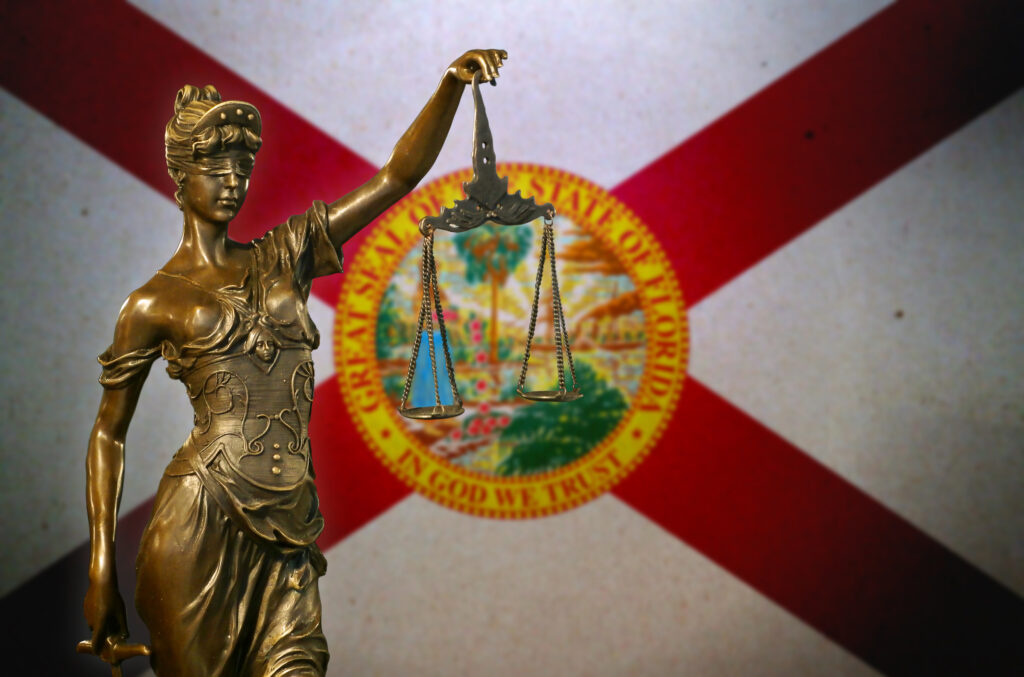PBS recently aired a gripping, true-life story of a legal system run amok. “Mr. Bates vs. The Post Office,” which first aired on Britain’s ITV, shows how a group of British postmasters were doubly abused—first by false accusations of theft and accounting fraud that left many in financial ruin or prison; second, once the truth came out, by a lawsuit where litigation funders and plaintiffs’ lawyers took more than 80 percent of the settlement before the postmasters saw one cent.
While the specifics of the postmasters’ plight are unique, the abuses in this real-life example of third party litigation funding (TPLF), which allows hedge funds and other financiers to secretly invest in and control lawsuits in exchange for a percentage of any settlement, are anything but. It is a thriving $13.5 billion industry in Europe and the U.S. that almost no one knows about because there are no uniform transparency requirements. In most cases, judges don’t know if a case they’re presiding over has funding, and often, defendants don’t know if the reason they can’t settle a case is that funders are forcing the litigation to continue to increase their returns. Even plaintiffs don’t always know if their lawyers took the funding and turned over strategic decision-making to the funders.
The U.S. Chamber of Commerce’s Institute for Legal Reform (ILR) has been warning about the need for transparency because everyone involved in a lawsuit should know who is funding and calling the shots in the litigation and where exactly that money is coming from. In 2022, ILR released research that raised how the lack of safeguards around TPLF could have serious national security implications. There’s nothing stopping adversarial governments from using litigation funding to pour money into cases against American companies, including defense and other sensitive industries, in order to tie them down in litigation, make them spend money, or access their intellectual property.
Headlines show that ILR is right to have concerns. Bloomberg Law recently published a bombshell article exposing how an investment firm established by sanctioned Russian billionaires with ties to Vladimir Putin has funded lawsuits in the U.S. and UK to evade international sanctions. Last year, PurpleVine IP, a Chinese third-party litigation investment firm, financed multiple intellectual property lawsuits in U.S. courts against Samsung and a subsidiary. The only reason we are aware of this funding is because the Chief Judge of the Delaware Federal District Court, where one of the lawsuits was filed, has a standing order requiring disclosure of all litigation funding in his courtroom. The plaintiff in that case has since acknowledged that PurpleVine is funding three similar cases in federal court in Texas.
Fortunately, policymakers worldwide and at all levels of government are beginning to understand the dangers of having almost no safeguards for this multibillion-dollar global industry. Here in the states, Sens. John Kennedy (R-LA) and Joe Manchin (I-WV) and Speaker Mike Johnson (R-LA) introduced the Protecting Our Courts from Foreign Manipulation Act of 2023 (POCFMA), which would, among other things, ban foreign governments and sovereign wealth funds from investing in U.S. litigation. And recently, West Virginia Gov. Jim Justice (R) and Indiana Gov. Eric Holcomb (R) signed TPLF reform legislation into law. Across the Atlantic, the European Union (EU) and United Kingdom (UK) policymakers are considering TPLF regulation.
Enacting commonsense reforms like transparency, ensuring plaintiffs get paid first, and holding funders financially responsible for funding bad lawsuits would go a long way toward reining in the TPLF industry.
Residents of the UK greeted “Mr. Bates vs. The Post Office” with a howl of outrage, and similar litigation funding stories continue to occur every day in the U.S. It’s time that the U.S. takes note of this transatlantic, real-life example and demands that litigation funders come out of the shadows.



